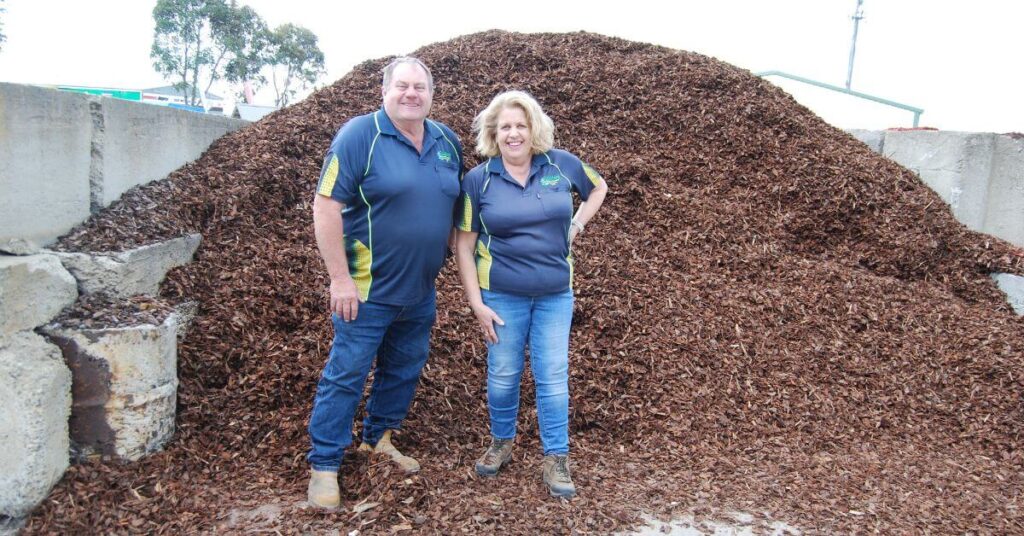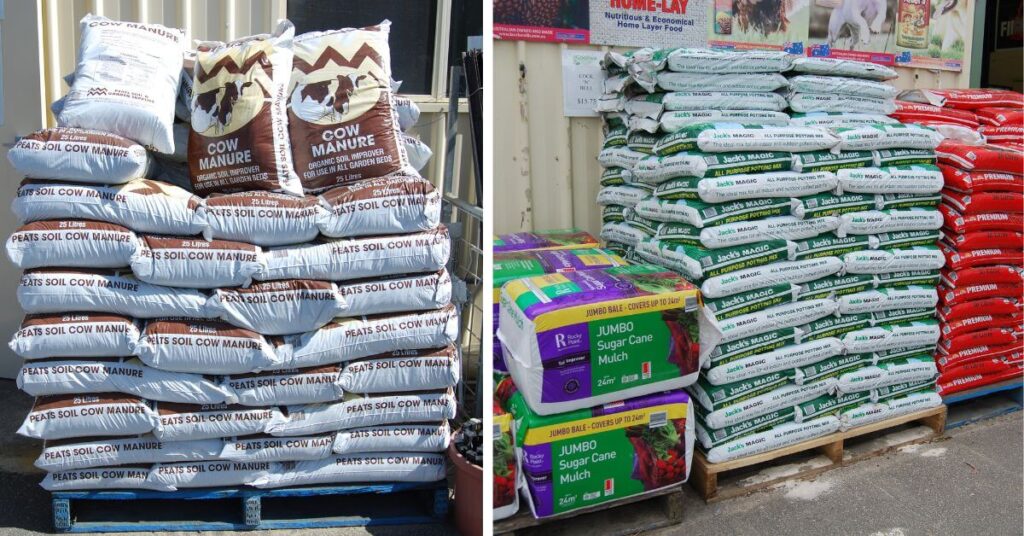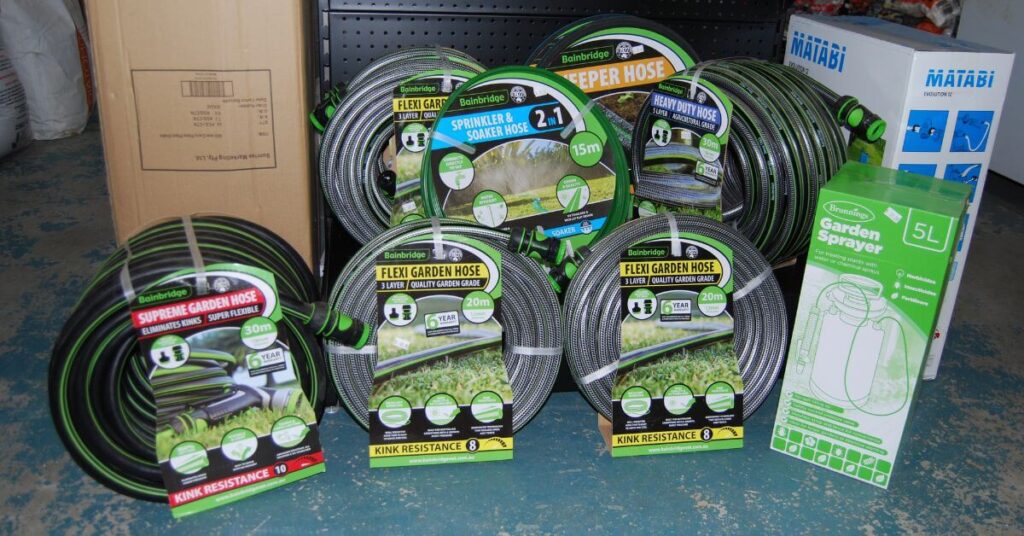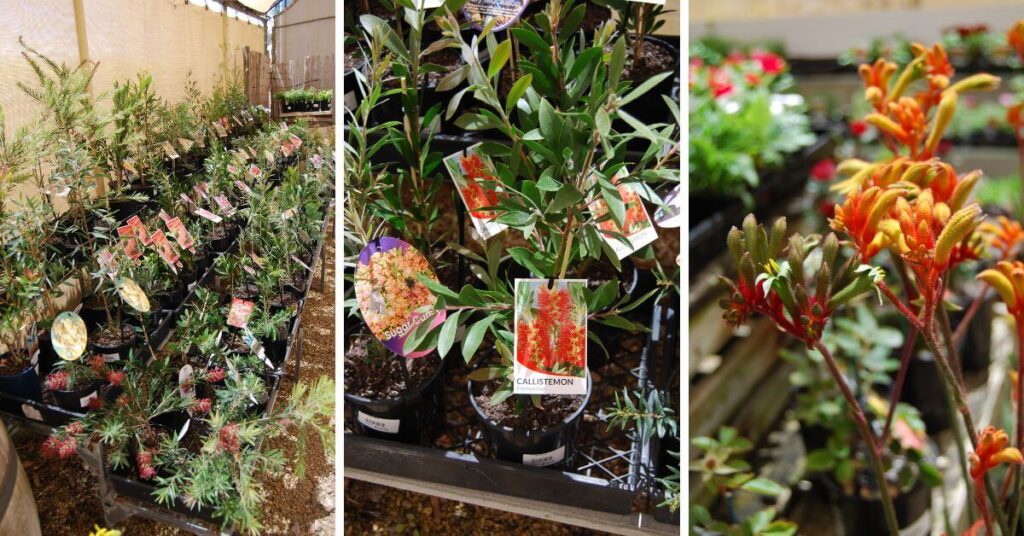Practical tips for water-wise gardening in South Australia
Water is one of our most precious resources, especially here in South Australia where we often experience long, dry spells punctuated by unpredictable rainfall. Whether you aim for a garden bursting with floral colour or a thriving veggie patch, success hinges on efficient water use. Adopting conservation strategies doesn’t just help your garden flourish in changing conditions—it also saves you money and supports our local environment.
In this blog, we’ll explore practical, sustainable watering methods. We’ll look at soil preparation, mulching, irrigation techniques, and plant selection, all tailored to our local climate. We’ll also show how Goolwa Garden Supplies can support your water-wise gardening efforts with expert advice, quality products, and a friendly approach. Let’s discover how to keep your garden healthy while conserving water, no matter the season.
Why Sustainable Water Use Matters
Environmental Benefits
Adopting water-conserving practices ensures we reduce pressure on local water sources such as the River Murray and regional reservoirs. During periods of drought, sustainable water use helps preserve these essential supplies. By making small changes in our own backyards, we collectively contribute to a healthier environment across South Australia’s Fleurieu Peninsula.
Cost Savings
Using water carefully can help lower your household bills. Simple measures—like mulching, drip irrigation, or collecting rainwater—decrease the amount of mains water you use, which can make a noticeable difference in monthly costs.
Healthier, Happier Plants
Overwatering can harm your plants just as much as under-watering, leading to problems like root rot and disease. A water-wise garden encourages deep root systems and more resilient growth, boosting your plants’ ability to weather hot summers and cold winters alike.
Local Community and Lifestyle
Communities that embrace water conservation become more resilient to drought conditions. Sharing tips and knowledge—like we do at Goolwa Garden Supplies—fosters a sense of cooperation, so everyone can enjoy thriving, sustainable gardens across the region.

Get to Know Your Soil
Soil Structure and Drainage
Soil is central to water management. Different soil types handle water differently:
- Sandy Soil: Drains quickly, so water isn’t retained for long. Incorporate organic matter (compost, manure) to improve water-holding capacity.
- Clay Soil: Retains water but can become waterlogged. Adding organic matter and soil conditioners can enhance drainage.
- Loamy Soil: Often considered ideal. It balances water retention and drainage. Keep it healthy by regularly adding compost or well-rotted manure.
Not sure about your soil type? You can pick up a soil test kit at Goolwa Garden Supplies. Our team can talk you through the results and recommend amendments to help your soil hold water effectively.
Organic Matter for Better Retention
Adding compost or well-rotted manure boosts moisture retention. These organic materials act like tiny sponges in the soil, storing water and releasing it slowly to plant roots. They also supply essential nutrients, reducing the need for synthetic fertilisers.

Mulch: The Moisture-Retaining Powerhouse
Benefits of Mulching
Mulching is one of the most effective ways to conserve water in your garden. A 5–8 cm layer of mulch around your plants helps:
- Reduce Evaporation: Direct sunlight no longer hits the soil, so it retains moisture for longer.
- Suppress Weeds: By blocking sunlight to weed seeds, you reduce competition for water.
- Regulate Soil Temperature: Mulch buffers soil against temperature extremes, preventing stress on roots.
Types of Mulch
Goolwa Garden Supplies carries various mulches suitable for South Australian conditions: Visit the Bulk Landscape Supplies page to see some of the items we have in stock.
- Organic Mulch (e.g., Pea Straw, Wood Chips, Sugarcane)
- Breaks down over time, adding nutrients back into the soil.
- Ideal for veggie patches, flowerbeds, and around fruit trees.
- Inorganic Mulch (e.g., Gravel, Pebbles)
- Doesn’t decompose, so it lasts longer.
- Popular for pathways, decorative features, or low-maintenance areas.
- Recycled Mulch
- Created from green waste, offering an eco-friendly solution.
- Ensures organic recycling and aids soil health.
When applying mulch, keep it a few centimetres away from plant stems to prevent rot and allow good airflow.
Don’t forget, we have a large range of mulch and gravel options. Check them out today in the Bulk Landscaping Products section on our website.
Efficient Irrigation Strategies
Timing Your Water
Watering in the early morning is ideal. Temperatures are cooler, so less water evaporates before it reaches the roots. Evening watering can sometimes lead to fungal diseases if leaves stay damp overnight, so aim for a morning routine when possible.
Drip Irrigation and Soaker Hoses
A targeted approach like drip irrigation or soaker hoses helps deliver water right to the root zone. Benefits include:
- Minimal Evaporation: Water seeps directly into the soil, rather than spraying the air.
- Reduced Disease Risk: Leaves stay dry, which helps prevent fungal outbreaks.
- Greater Efficiency: You’ll likely use less water overall compared to overhead sprinklers.

Hand Watering Techniques
If you prefer hand-watering:
- Use a Watering Can or Hose with a Trigger Nozzle: This ensures control and precision.
- Focus on the Soil: Aim at the base of each plant. Watering leaves wastes water and can encourage disease.
- Check Soil Moisture: Overwatering can be as detrimental as drought. Gauge moisture by feeling the soil or using a moisture meter.
We stock quality Bainbridge hoses and hose fittings. Call in today to check them out.
Selecting Water-Wise Plants
Natives and Drought-Tolerant Species
Native Australian plants have evolved to survive in our challenging climate. Species like Grevilleas, Bottlebrush, and Kangaroo Paw can handle hot, dry summers once they’re established. Even if you’re not planting purely natives, Mediterranean-type plants (lavender, rosemary) also thrive in low-water conditions.
Seasonal Veggies and Herbs
Many veggies do well when combined with water-saving tactics like mulch and drip irrigation. In cooler months, consider leafy greens (like lettuce or spinach) and root veggies (beetroot, carrots), but watch your watering schedule to avoid waterlogging. Herbs such as thyme, oregano, and sage are famously drought-tolerant and add flavour to your kitchen without demanding too much H₂O.
When in doubt, ask our knowledgeable staff at Goolwa Garden Supplies. We’ll point you toward varieties suited to your microclimate, soil, and personal preferences.
Harvesting Rainwater
Why Rainwater?
Rainwater is naturally soft and free from chlorine, making it gentler on plants. Collecting it also reduces reliance on mains water. During wet spells, you can fill up tanks and containers, ready to use in the drier months.
Setting Up a Tank
- Tank Size and Material: Options include plastic, steel, or fibreglass tanks. Choose a size that fits your space and needs.
- Positioning: Place the tank under a suitable gutter or downpipe. A stable, level base is essential.
- Maintenance: Install gutter guards and leaf filters, and ensure there’s an overflow plan if the tank reaches capacity.
Using Rainwater
- Garden Irrigation: Connect a drip line or use a watering can.
- Outdoor Cleaning: Rinse down tools or patio areas.
- Car Washing: Rainwater is also great for cleaning vehicles, saving on mains water usage.
Reusing Greywater (With Care)
What is Greywater?
Greywater is wastewater from showers, baths, and laundry (excluding toilet waste). Though it can be reused for watering non-edible plants, you’ll need to be cautious about chemical residues. Choose eco-friendly cleaning products if you plan on diverting greywater into your garden.
Greywater Systems
- Manual Bucketing: Collect leftover bath or washing machine water in a bucket. Use it immediately to prevent bacterial build-up.
- Diversion Devices: These systems channel greywater directly into your garden via subsurface driplines.
Note: Greywater is generally not recommended for edible crops due to potential contaminants. Always follow local regulations and guidelines.
Common Pitfalls and How to Avoid Them
Overwatering
Too much water can harm plants and waste resources. Check the soil before watering. If it’s still moist a few centimetres down, hold off until it starts to dry out.
Ignoring Mulch Maintenance
Mulch decomposes over time, losing its thickness and moisture-retaining benefits. Top up regularly so that you maintain a 5–8 cm layer.
Watering at the Wrong Time
In hot weather, watering at midday leads to high evaporation. In cooler months, watering late at night can leave leaves damp, potentially causing fungal issues. Stick to morning watering whenever possible.
Planting Unsuitable Varieties
A water-guzzling plant in a hot, exposed spot will require far more upkeep—and water—than a drought-tolerant alternative. Matching plants to their environment is a significant step towards a water-efficient garden.

Tools & Supplies at Goolwa Garden Supplies
Soil Conditioners and Mulches
Quality soils, compost, and mulches are crucial for water retention. We stock a broad range—whether you need bags of potting mix for a small project or bulk deliveries for larger areas. Don’t forget our free trailer hire if you’re transporting mulch, soil, or pebbles.
Natural Pest Control
Healthy, well-watered plants are more resilient to pests. But if unwanted visitors do arrive, explore our range of eco-friendly controls such as organic sprays and beneficial insect solutions.
Expert Advice
Our staff are familiar with South Australia’s unique climate and soil conditions. If you’re new to water-wise gardening or need tips, simply chat with us in-store. We’re happy to help you find a practical, budget-friendly approach.
Make the Most of Goolwa Garden Supplies
Located at 55 Gardiner Street, Goolwa, our store is open seven days a week:
- Mon–Fri: 8 am–5 pm
- Sat: 8 am–2 pm
- Sun & Public Holidays: 10 am–2 pm
We encourage you to pop in and browse our selection of water-saving products, from mulches to irrigation parts. Need a break while you load up on supplies? Enjoy a coffee or bite to eat at The Twisted Fig, our onsite food van (open weekdays 8.30 am–2 pm).
